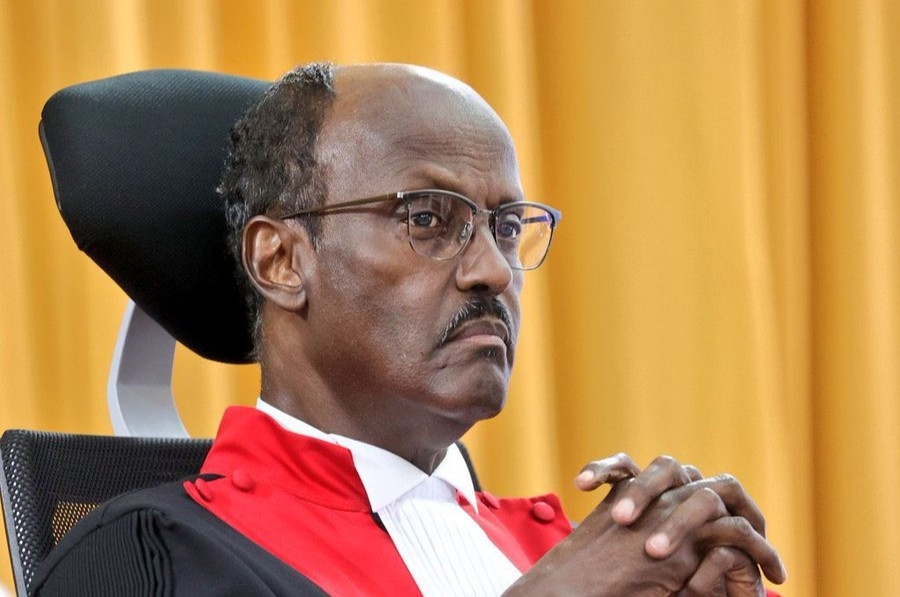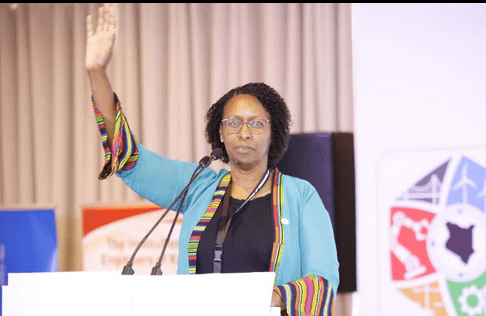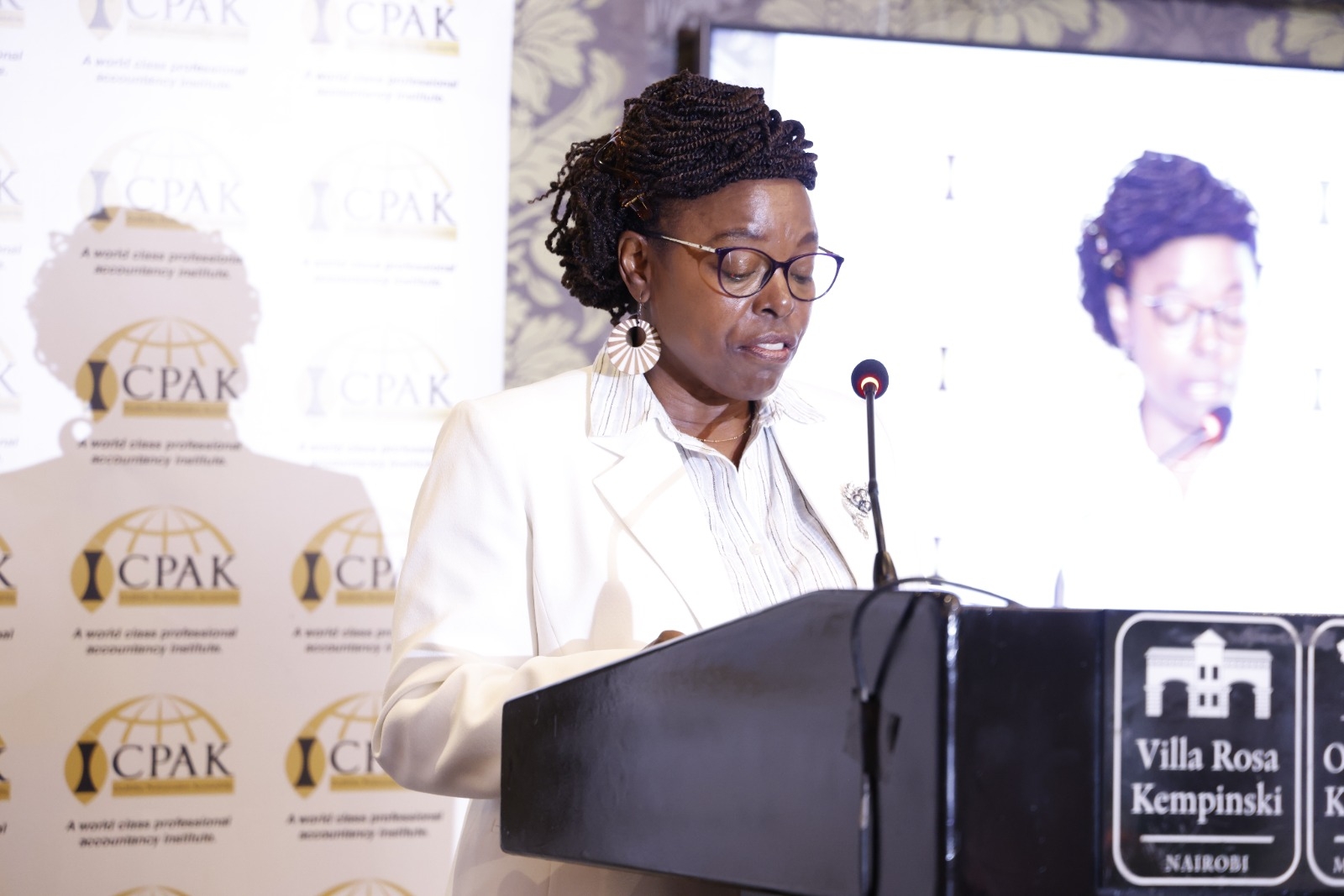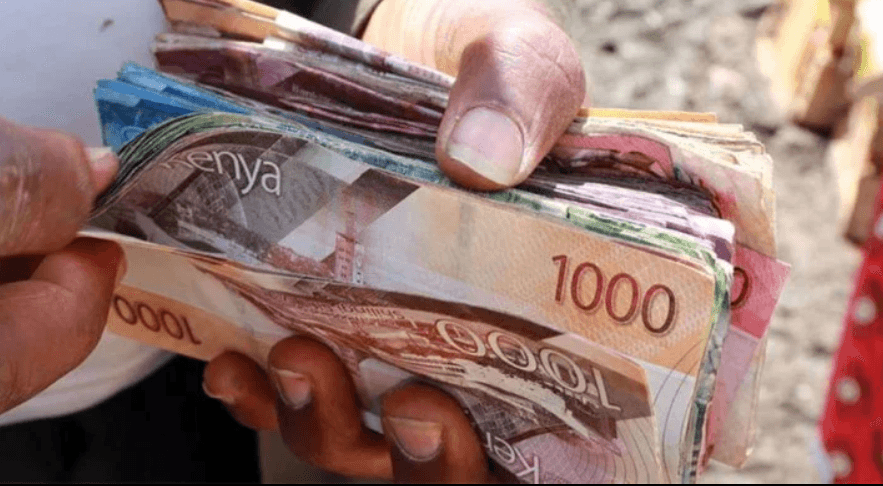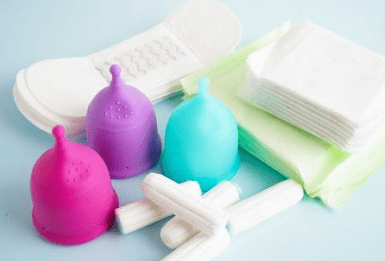In the Bible, Joseph’s brothers were jealous of him because of the calling in his life and sold him off as a slave. While as a slave in Egypt, he interpreted the Pharaoh's dream that warned the nation would be plagued by years of drought and famine.
Because of the interpretation, Joseph became a senior official in the Egyptian government and was put in charge of the grain reserves. For the next few years, the Egyptian empire focused on accumulating adequate food reserves that made the nation powerful during the famine as other states suffered.
Clearly, Egypt took food security seriously. Over the years, we have had unnecessary episodes of famine in Kenya where we are always seeking to raise funds to feed millions of Kenyans.
Barely one month into office, the Kenya Kwanza administration has hit the ground running with many initiatives as they move to fulfil pre-election promises. One of the key pillars of the Kenya Kwanza manifesto was the transformation of agriculture as an enabler of economic development while making Kenya food secure.
During his inaugural address, President William Ruto announced the reduction of fertiliser prices with immediate effect and this has already been effectd. Last week, while flagging off fertiliser in Nairobi, Deputy President Rigathi Gachagua announced that the government would also subsidise other agriculture inputs and equipment.
The move is laudable even as Kenyans question why a subsidy on fertiliser has been done yet the Kenya Kwanza administration has removed subsidies on fuel. The simple answer is found in Ruto’s challenge to Kenyans that we have to become a production economy rather than a consumption one.
Let’s face it, the cost of living and food prices have been increasing, making it almost unbearable to put money in the pocket and food on the table. Affordable fertiliser will mean that more farmers are able to utilise the subsidy, increasing output.
No Kenyan should sleep hungry in a country that has had agriculture as a key preoccupation since before Independence. Food security is therefore a crucial component of the Big Four and its success will ensure that this nation is prosperous.
As a farmer, Ruto knows the pains that fellow farmers are going through and this is why his plan resonates with a lot of people. The plan on food security should aim at expanded irrigation schemes, increased access to agricultural inputs, supported large-scale production of staples.
Farmers are now paying Sh2,800 for a 50kg of DAP fertiliser from a high of Sh6,000, Sh1,850 for CAN, Sh2,700 for Urea, NPK – Sh3,000, MOP – Sh2,500 and sulphate ammonia – Sh2,500.
Fertilisers contain essential nutrients required by plants, including nitrogen, potassium and phosphorus. They also enhance the water retention capacity of the soil and increase its fertility, especially at a time like now when rains are depressed.
Fertilisers also make plants more resistant to pests, resulting in the use of fewer insecticides and herbicides, hence, healthier crops. As a result, fewer illnesses are present, giving the crops an aesthetic value.
To achieve food security and improved nutrition, the government has to focus on three broad areas, namely: enhancing large-scale production; boosting smallholder productivity and reducing the cost of food.
Large-scale production will have two direct effects – it will lower the cost of food, which helps all Kenyans, and create thousands of jobs.
Increase in agricultural productivity among smallholder farmers can be done by scaling up crop and livestock insurance, with the goal of cushioning farmers against climate-related risks. This assures them of a guaranteed minimum return.
As the government seeks to create more opportunities for young people in the agricultural sector, efforts to kill cartels must be doubled. These cartels have over the years denied farmers their rightful earnings and the country must therefore work hard to kill them.
It is these cartels that have made farm inputs, including fertiliser, unaffordable for many farmers. Ruto must deal with them immediately to ensure that agriculture makes sense to Kenyans and the economy.
In 2021, the share of agriculture in Kenya's gross domestic product was 22.43 per cent, cementing the place of the sector in the economy.





